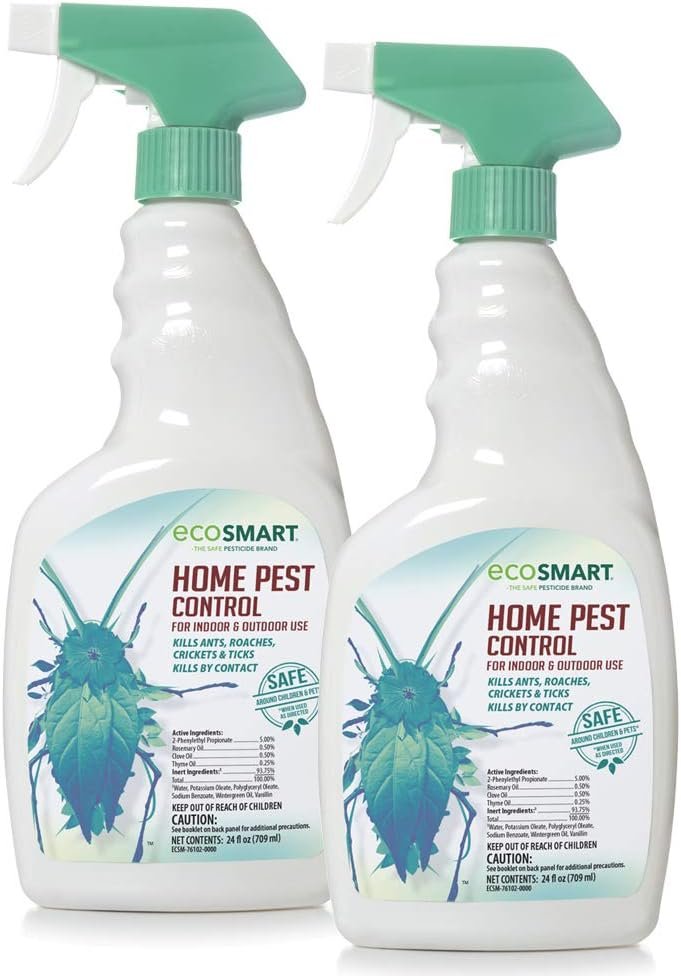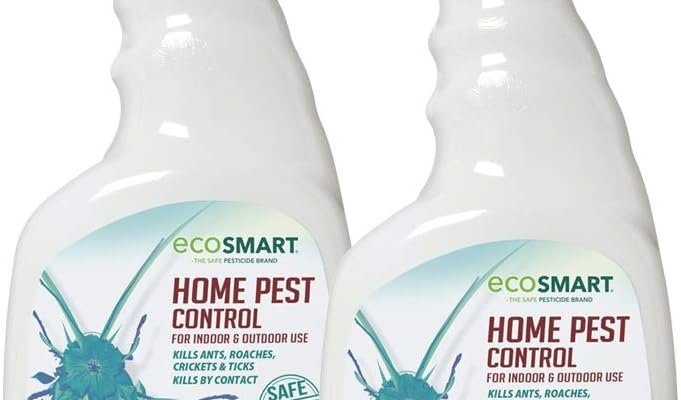
Imagine having a garden that’s not just flourishing but also resilient against those little invaders. By utilizing plant-based repellents, you can help ensure your beloved greenery remains healthy without reaching for harsh chemicals. You might be wondering how effective these natural solutions are or what types to use—let’s dive into the world of plant-based repellents and discover how they can help you manage inchworms effectively.
Understanding Inchworms: The Tiny Terrorem
Inchworms, also known as measuring worms, are the larvae of certain types of moths. They get their name from their peculiar way of moving, which looks like they’re measuring their way along a branch or leaf. These little guys are typically green or brown, making them quite good at blending in with foliage. This camouflage is one reason they can be so tricky to spot until they’ve already done some damage to your plants.
Here’s the thing: these pests love to munch on a variety of garden greens, from tomatoes to beets, and they can quickly decimate your crops if left unchecked. You may find them hanging around on the undersides of leaves, nibbling away. So, how can we effectively manage these tiny terrors without resorting to harsh chemicals? That’s where plant-based repellents come into play.
Why Choose Plant-Based Repellents?
You might be asking yourself: “Why should I use plant-based repellents instead of traditional pesticides?” That’s a great question! Plant-based repellents come with several advantages. First, they’re usually safe for both beneficial insects and humans, which means you can protect your garden without harming the ecosystem. Plus, many of these solutions are easy to make with ingredients you might already have at home.
Another reason is that they’re often eco-friendly. Using natural repellents means you’re doing your bit for the environment—no harmful chemicals washing into local streams or harming wildlife. Let’s take a closer look at some effective plant-based repellents you can use right in your garden.
Essential Oils: A Powerful Ally
Essential oils aren’t just for fancy diffusers; they can also be potent repellents against inchworms! Oils like **peppermint**, **rosemary**, **lavender**, and **cinnamon** have natural properties that can deter these pests. The strong scents confuse and repel them, driving them away from your plants.
Creating a simple spray with essential oils is easy. Just mix a few drops of your chosen oil with water in a spray bottle, shake it up, and spray it on affected areas. You might want to test a small part of the plant first, just to make sure there are no adverse reactions. This method not only keeps inchworms at bay but also leaves your garden smelling lovely!
Garlic: The Stinky Shield
Garlic isn’t just a tasty addition to your cooking; it acts as a fantastic natural repellent too! Its strong smell can deter inchworms and other pests from invading your garden. Plus, it’s super easy to prepare.
To make a garlic spray, chop a few cloves of garlic and soak them in water overnight. The next day, strain the mixture and dilute it further with water. Then, spray it on your plants. The pungent aroma will repel inchworms while providing a helpful barrier against other pests. Just be ready for your garden to smell a bit garlicky!
Neem Oil: Nature’s Insecticide
Neem oil, derived from the seeds of the neem tree, is a well-known natural insecticide. It disrupts the life cycle of pests, making it harder for them to grow and thrive. Not only does it repel inchworms, but it also targets a wide range of other pests, making it a versatile solution for your garden.
You can use neem oil simply by mixing it with water and a few drops of dish soap to help it blend. Spray this mixture onto your plants, focusing on the undersides of leaves where inchworms like to hide. Be sure to apply it during cooler parts of the day to prevent any leaf burn!
Herbal Companion Plants
Another effective approach to managing inchworms is by incorporating **herbal companion plants** into your garden. Certain plants, like **marigolds**, **basil**, and **sage**, naturally repel pests and can deter inchworms simply by sharing the same space.
Planting these herbs among your vegetables not only protects your garden from invasions but also adds diversity and beauty to your plots. It’s like having a little community of plants working together to keep your garden safe. Plus, you’ll have fresh herbs on hand for your cooking!
Applying Plant-Based Repellents: Tips for Success
To make the most of your plant-based repellents, consider a few handy tips. First, timings are crucial. Apply your sprays in the early morning or late evening to avoid harming beneficial insects and to reduce evaporation.
Also, be consistent. Just because you haven’t seen inchworms for a few days doesn’t mean they’re gone for good. Regularly applying these natural sprays will help maintain an effective barrier. Rotate between different types of repellents to prevent inchworms from becoming resistant to any one method.
And remember: Sometimes, a little patience goes a long way. You might not see immediate results, but sticking with your natural pest management strategy can lead to thriving plants over time.
Final Thoughts on Plant-Based Repellents
Managing inchworms in your garden can feel daunting, but with plant-based repellents, you have the power to fight back naturally. By utilizing ingredients like essential oils, garlic, neem oil, and companion plants, you can protect your garden without harsh chemicals. It’s like giving your plants a shield made from nature itself.
With a little research and experimentation, you can create a pest management routine that works best for your garden. Remember to observe your plants, stay consistent, and enjoy the process of nurturing your green space. Happy gardening!

